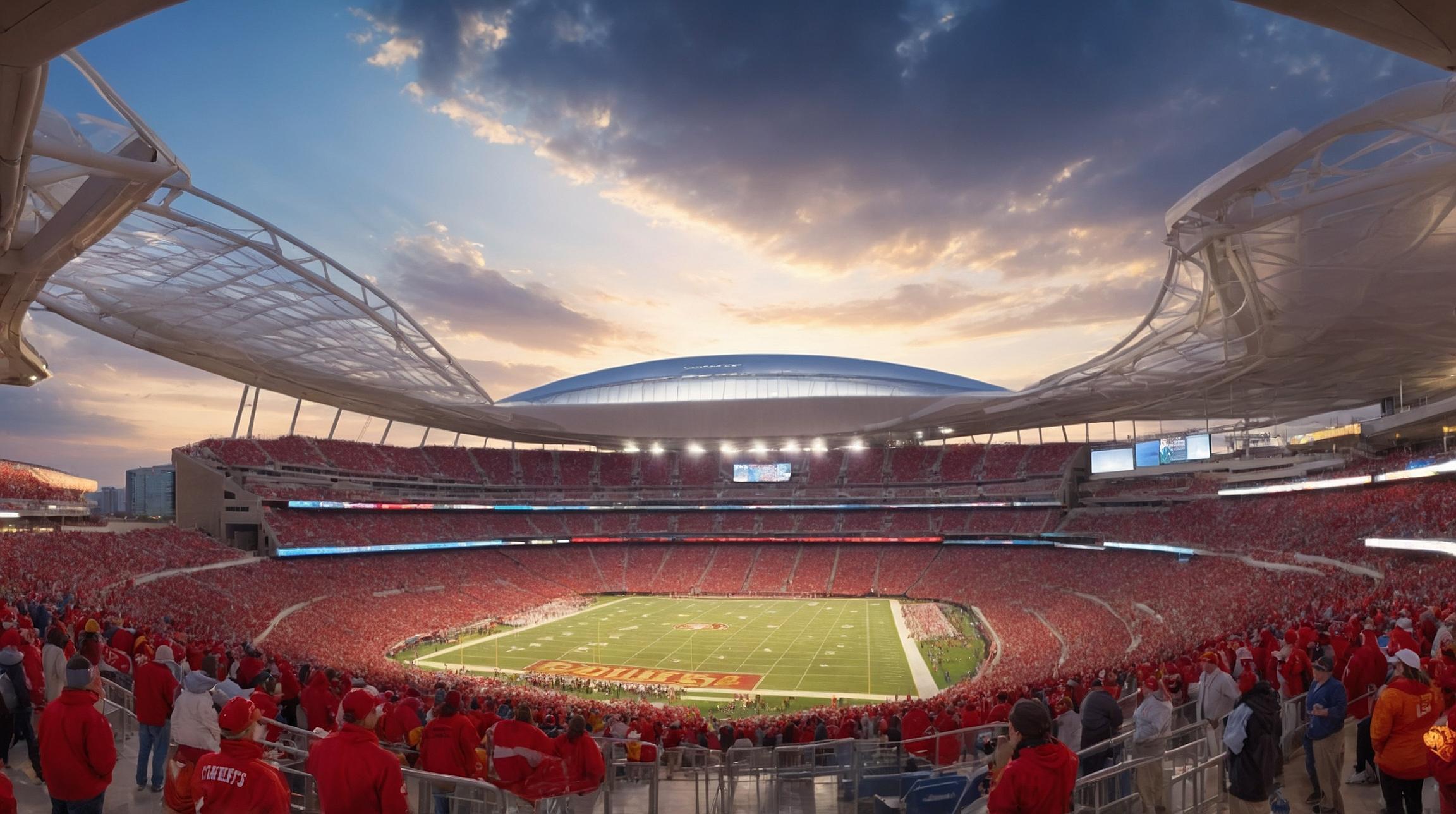Kansas Poised to Lure Chiefs from Missouri with New Stadium Plan
TOPEKA, Kan. — A rivalry that dates back 170 years is heating up again as Kansas lawmakers aim to attract the Super Bowl champion Kansas City Chiefs away from Missouri, despite economists questioning the value of subsidizing pro sports teams.
The Kansas Legislature's top leaders have backed a plan to help both the Chiefs and baseball's Kansas City Royals finance new stadiums in Kansas. This plan, discussed in a special session on Tuesday, involves state bonds for stadium construction. The bonds will be paid off with revenues from sports betting, the Kansas Lottery, and additional taxes from the new venues.
The competition is fierce as the border between Kansas and Missouri slices through a metropolitan area of around 2.3 million people. The teams would move only about 25 miles west if the plan proceeds.
While decades of research suggest that having a pro sports team doesn't significantly boost a local economy, Kansas officials see a benefit. If the spending shifts from Missouri to Kansas, it brings economic activity to their state. Plus, there's a certain allure in outdoing Missouri.
"I've wanted to see the Chiefs in Kansas my whole life," said Rep. Jason Probst, a Democrat from central Kansas. He stressed, however, that the plan should be beneficial to communities without creating extra burdens.
A Rivalry Rooted in History
The Kansas-Missouri rivalry dates back to the Civil War era. People from Missouri tried to extend their state's slave-holding status into Kansas, leading to violent confrontations. This rivalry also played out in a century-long sports feud between the University of Kansas and the University of Missouri.
In recent years, Kansas and Missouri competed fiercely for business locations, spending hundreds of millions of dollars to attract jobs across state lines. They reached a temporary truce in 2019, but the competition for the Chiefs and Royals reignites old tensions.
Missouri officials vow to fight to keep their sports teams. "They’re sources of great pride," said Rep. John Patterson, a Republican expected to be Missouri's next House speaker.
Kansas Officials Push for Action
Kansas lawmakers see an opportunity because Missouri voters in April refused to extend a local sales tax meant for the upkeep of their stadiums. They're worried that not acting might lead the teams to leave the Kansas City area, though economists doubt this threat.
The stadium complex lease runs through January 2031. Kansas officials argue decisions must be made soon to have new or renovated stadiums ready by then. They promise a stadium with a dome or retractable roof that can host numerous big events, from Super Bowls to major concerts.
“You’ve got this asset and all the businesses that move there as a result,” said Rep. Sean Tarwater, a Republican and relocation effort leader. Such a move promises daily commerce benefits for Kansas.
Missouri's Response and Economic Considerations
About 60% of the metro population lives in Missouri, but the Kansas side has faster growth. Despite Kansas' legislative push, Missouri lawmakers are taking a measured approach. Governor Mike Parson remarked on Thursday, “We’re just in the first quarter” of the contest.
Upcoming primary elections in both states add political stakes. In Missouri, extending sports team subsidies is politically contentious, especially among conservative-leaning voters.
Kansas Republicans also face pressures to avoid favoritism in state economic measures. Rep. Probst expressed concern about using public funds to enrich team owners, reflecting broader financial critiques.
What Economists Say
Economists have long debated the economic impact of pro sports teams. Studies since the 1980s largely agree that subsidizing stadiums is not an effective way to stimulate economic growth. J.C. Bradbury, a professor from Kennesaw State University, called these subsidies “a terrible channel for economic growth,” despite what stadium-supporting reports suggest.
Yet, over 30 lobbyists support the Kansas plan. The Kansas Chamber of Commerce's CEO called it a "once in a lifetime opportunity" to attract the Chiefs.
The Chiefs, beloved by fans, have won three Super Bowls in five years. Their fanbase has grown thanks to players like Travis Kelce and his romance with pop star Taylor Swift.
According to Judith Grant Long, a sports management professor, the NFL’s media spotlight and billionaire franchises make them attractive to cities. "All of these come together in a potent brew for politicians and local business interests," she said.
Understanding these dynamics is crucial as Kansas and Missouri wrestle over the future home of their beloved sports teams, reflecting both historical rivalries and modern economic considerations.













